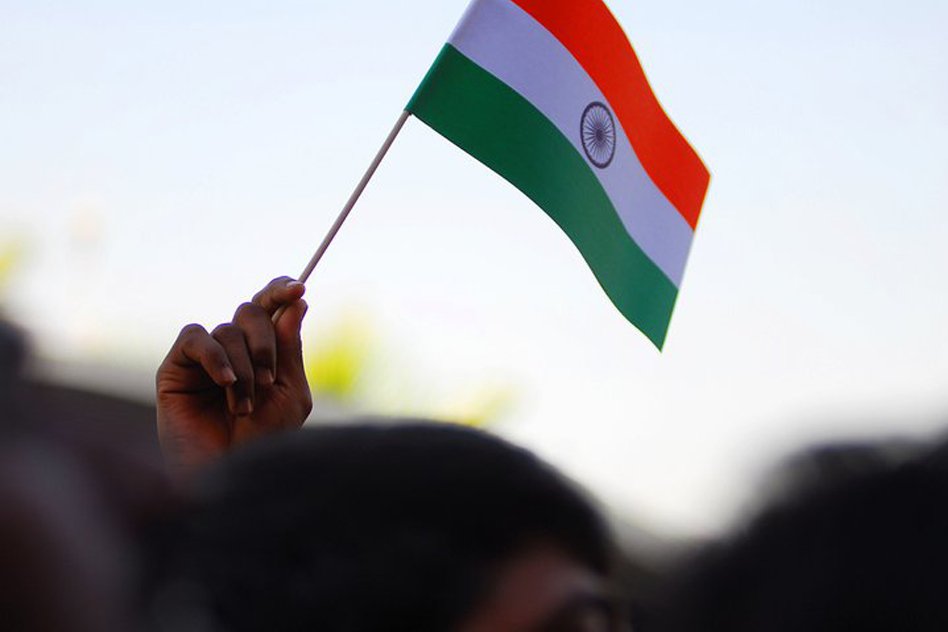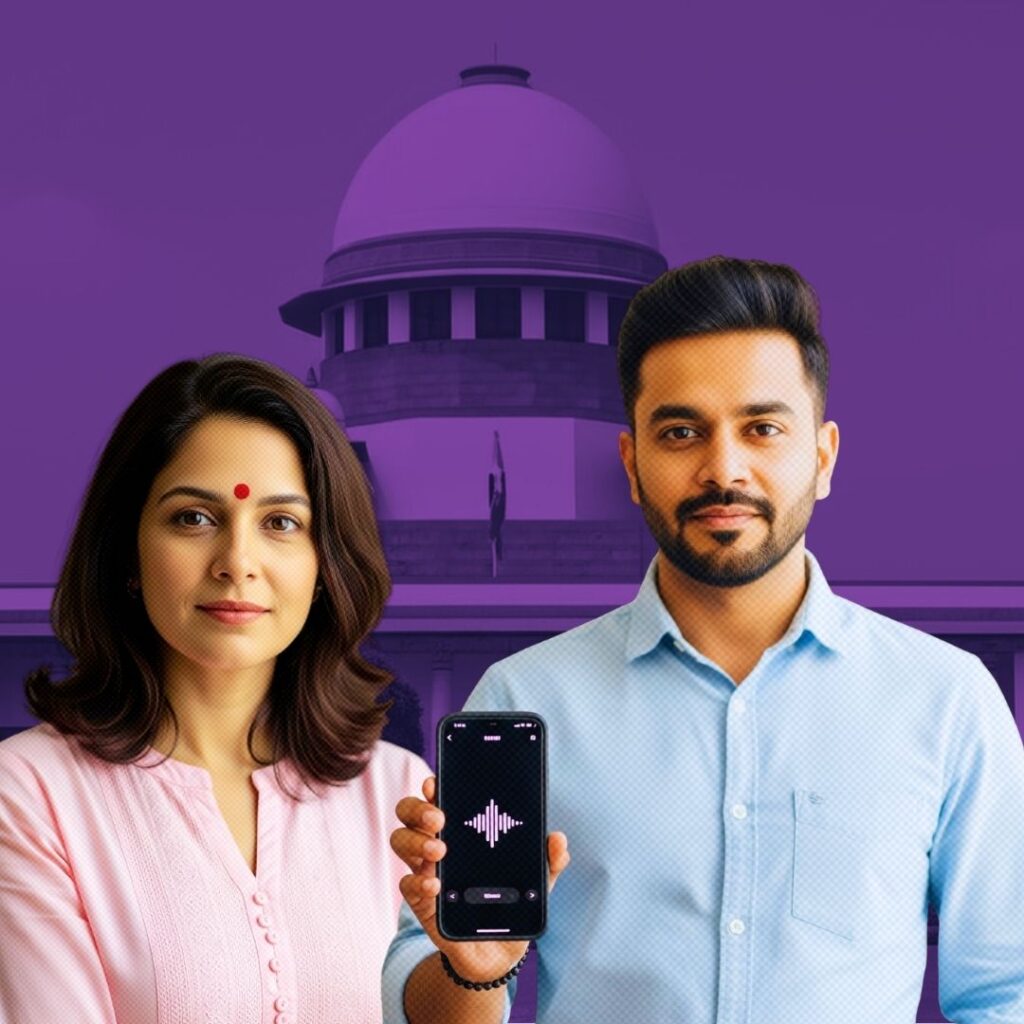
Image Courtesy: newshourindia
Where are we headed? In a state where we are hurling accusations one after the other, deliberately misunderstanding the other party, stereotyping entire communities for the wrong doings of a handful, there are some issues we need to set right.
We have all seen, the ‘intolerance war’ going on over innumerable websites on the net, with everyone trying to downplay everyone else.
Let us look at a typical scene, so we can understand the absurdity of the situation better:
An event occurs, something that should not have happened, that is abominable and avoidable. In reaction, uproar breaks out, starting as a statement of facts, followed by a display of discontent. This much is needed, indeed healthy, in a society, as it raises awareness, and displays the public reaction. All too soon, reactions escalate to mudslinging and bad-mouthing entire sects or communities, along with a blow by blow account of all ‘sins’ committed by the community in question throughout history, many of which are grossly invalid. Then follows the third phase, the phase of retaliation, in which countless incidents, factual or otherwise, in which the right and wrong parties are reversed, are brought up.
If a person belonging to religion “A” is wronged, on basis of religion by one who follows “B”, soon there will be endless lists of wrong doings of religion A, calling everyone who stood against this particular crime ‘pseudo-secular’.
In this conundrum, we lose sight and memory of the actual matter at hand, and because of our failure to see things objectively, yet another incident goes unattended. In a deliberate misunderstanding of events, we try to create two extreme parties, leaving no scope for a liberal, egalitarian midway.
If you support the man who was wronged, you are taken as a supporter of all wrong-doings of the community he belongs to, and vice versa. Not only are we peripheralizing the issue at hand, but also stubbing thousands of voices which will, in future, hesitate before opining. Is that not intolerance?
This said, as a nation, in concordance with the Constitution, we are not, in any way, intolerant.
The law acknowledges equality, and serves justice. And a large population lives with love and harmony, without any prejudice. It isn’t India, the nation that is intolerant; neither is the entire society to be blamed, but a certain sect. However, the threat even a minority poses to free speech and tolerance is something we cannot afford to overlook.
We are not an intolerant nation, but intolerance does exist in our society. What can we do about it?
As always, the seed of change lies within us. We should refrain from commenting without completely understanding the situation, and always, address the criminal, not his/her community. Let’s try to keep an open mind, and not mix up issues. When talking about a woman being harassed, let us stick to discussing crime against women, rather than bringing in crime against men. Similarly, when talking about fake dowry cases, there is no need to bring domestic violence against women into the conversation. This serves no purpose but strikes an argument and deflects the matter at hand. Address each issue for what it is; understand the facts and the gravity of the matter at hand. And remember, it is one case of a person against another, not entire communities.
Most importantly, we should learn to keep an open mind regarding the opinions of others, and try to empathize before discarding the comment as insignificant. Only then can we hope to attain universal content and peace.











